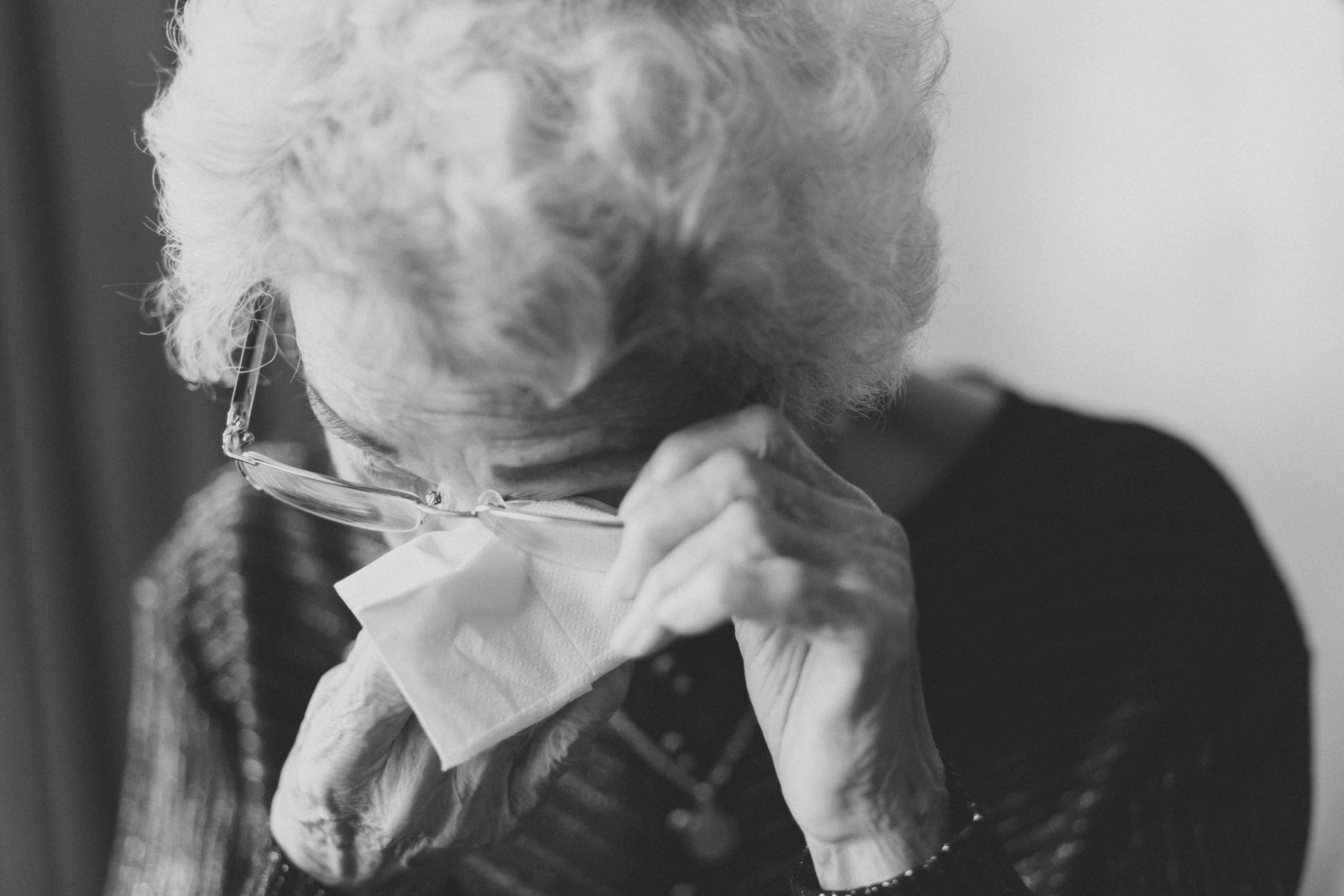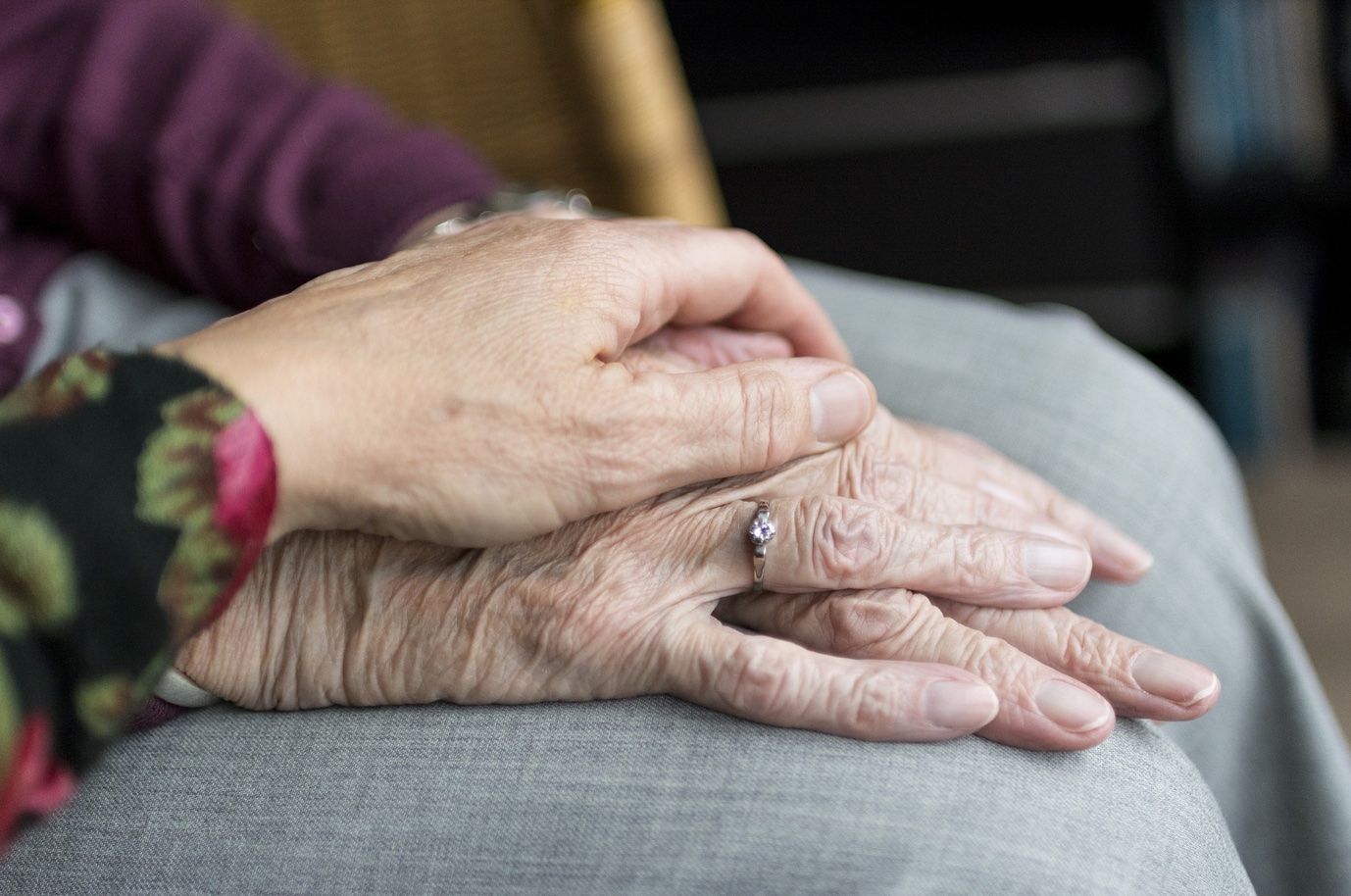Don’t let elder abuse remain in the shadows – speak up, take action, and help protect our most vulnerable seniors.
Elder abuse is a devastating reality that affects countless seniors across the country. It can take many forms, including physical harm, emotional manipulation, financial exploitation, and neglect. Sadly, elder abuse is often underreported, leaving victims feeling isolated and helpless. Victims may fear retaliation from their abuser, feel ashamed, or be unaware of the resources available to them. If you suspect that a loved one or someone you know is being abused, it’s crucial to understand that they are not alone. Recognizing the signs of elder abuse and knowing your options for intervention is the first step toward protecting vulnerable seniors and ensuring they receive the support they need. This support can mean the difference between continued suffering and a path to safety and recovery.
Understanding Elder Abuse and Your Rights
It’s important to remember that elder abuse is a crime, and victims have legal rights. State and federal laws provide protections for seniors, offering measures designed to stop abuse, hold abusers accountable, and safeguard victims. These protections can include restraining orders to create a legal barrier between abusers and their victims, civil lawsuits to recover financial losses or obtain compensation for pain and suffering, and criminal prosecution to punish offenders and act as a deterrent. An experienced elder abuse attorney Bay Area can be an invaluable resource in understanding these legal rights. They decipher the complexities, advise on the best available options based on the individual case, and advocate fiercely for the victim’s rights throughout the complicated legal process.
Reporting Suspected Elder Abuse
If you suspect that an elderly person is being abused, don’t hesitate to report it, even if you are not entirely certain. Taking action could make a significant difference in someone’s life, potentially stopping the abuse and getting the victim vital help. Several agencies are dedicated to investigating reports of elder abuse and providing assistance. These include Adult Protective Services (APS), which specializes in elder care issues, law enforcement agencies, and long-term care ombudsman programs, which advocate for residents in nursing homes and assisted living facilities. When making a report, be prepared to provide as much detail as possible. This includes the suspected type of abuse, any observable injuries or changes in behavior, the victim’s and suspected abuser’s contact information, and your relationship to the victim. Remember, your report could be the lifeline a senior desperately needs.
Options for Legal Action

Legal action can be a powerful tool for victims of elder abuse, providing a path toward justice, financial recovery, and protection from further harm. A victim of elder abuse may have various legal options available, and the best course of action depends on the specific circumstances of the case. Consulting with a qualified elder abuse attorney is crucial to understanding your rights and developing a strategic plan. They can explain the complexities of elder abuse law and guide you through the legal processes. Potential legal options may include civil lawsuits to recover financial losses or obtain compensation for emotional distress. In cases of severe abuse, criminal charges may be filed against the abuser, which can lead to imprisonment and other penalties. Additionally, protective orders can be obtained to establish a legal barrier between the victim and the abuser. An experienced attorney can help you understand which options are most appropriate in your situation and how to pursue them effectively.
Additional Resources and Support
Beyond legal action, victims of elder abuse and their families have access to a wide range of support and resources. National and local organizations offer support groups, hotlines, counseling services, and practical assistance. These resources provide essential emotional support, helping victims break the isolation often associated with abuse. They can connect you with others who understand what you’re going through, providing validation and encouragement. Additionally, these organizations offer guidance on navigating the legal system, assistance with pressing financial matters, and help to find safe housing or alternative care arrangements if needed. Some may provide legal referrals or help you connect with an elder abuse attorney. Remember, you don’t have to face this alone. Reaching out for support is a sign of strength, and it can empower you on your journey towards healing, safety, and reclaiming your life.
Conclusion
If you suspect that an elderly person is being abused, remember that you have the power to make a difference. Reporting suspected elder abuse and understanding the options available to victims is crucial to breaking the cycle of abuse. Victims have legal rights and resources to help them find safety, justice, and support. Consulting with a compassionate and experienced elder abuse attorney like Susan Kang Gordon can be an invaluable step. They can provide essential guidance, advocate for the victim’s rights, and help them navigate the path toward a better future. Additionally, reaching out to local and national elder abuse support organizations can provide immediate support and connect victims with the resources they need to break free from abuse. Don’t let elder abuse remain in the shadows – speak up, take action, and help protect our most vulnerable seniors.


Join the conversation!